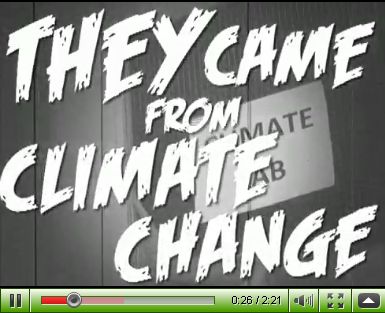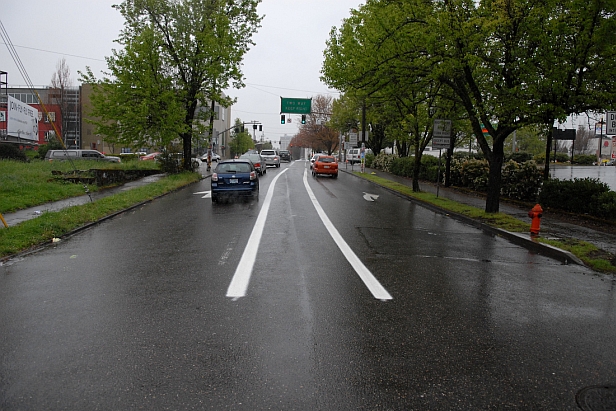Bicycling Magazine released its annual list of America’s most bike-friendly cities today, and Grist’s hometown Seattle comes in at No. 4. Great, right?
Well, sort of: The mag bases its praise on the city’s 10-year, $240-million bike master plan, which is intended to triple the number of journeys made by bike and add 450 miles of bike paths. But that lovely plan is currently underfunded by nearly $165 million, or 70 percent. While the local media caught the discrepancy, Bicycling Magazine didn’t, and Seattle is once again praised based on its promises, not its actions.
I haven’t fact-checked the rest of the bike-friendly list, but suffice to say, this sort of coverage encourages politicians to make grand pledges without following through. Roger Valdez proposes the term “sustainability gap” for the troublesome gulf between what politicians say and what they actually do to sustain-ify their cities, states, nations, school districts, etc.
Another pertinent example: The Seattle City Council recently adopted a goal to become carbon neutral. At the very same meeting, a council member tried to greenlight a massive, $4.2 billion downtown tunnel that includes no space for transit lines, only roads.
“[It’s] like John F. Kennedy telling Congress in 1961 that we would land a man on the moon before the end of the decade, and then signing legislation defunding NASA,” writes Valdez, a researcher at Northwest sustainability policy shop Sightline.
Even when they are hollow, however, splashy promises from civic and business leaders amount to invitations to accountability. They are tools that citizen watchdogs can use to leverage change — as long as they pay more attention to performance than promises.



